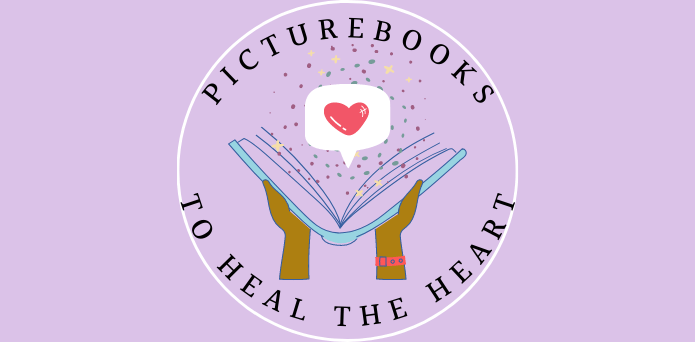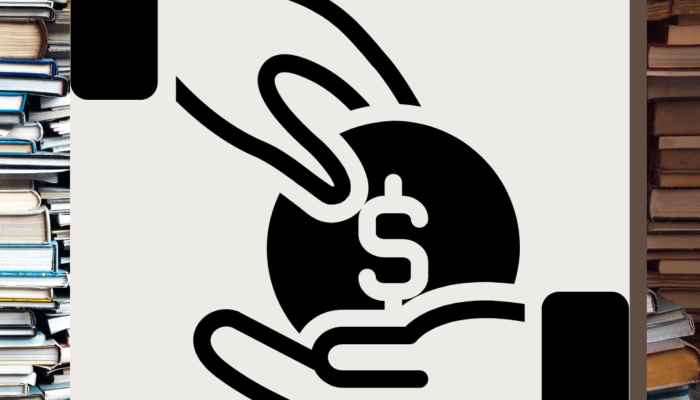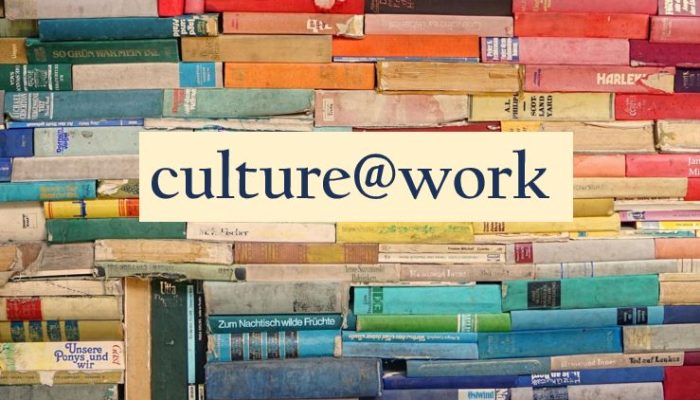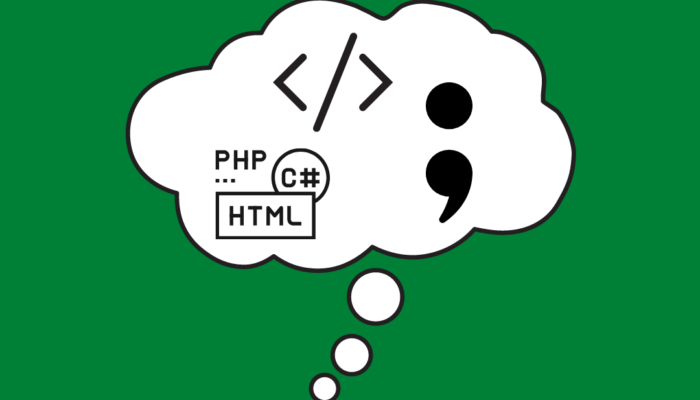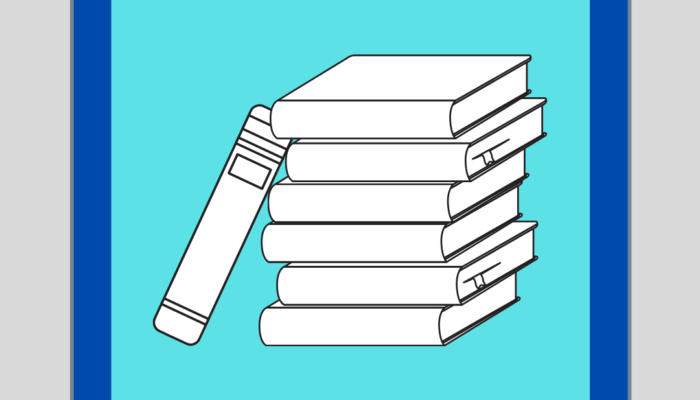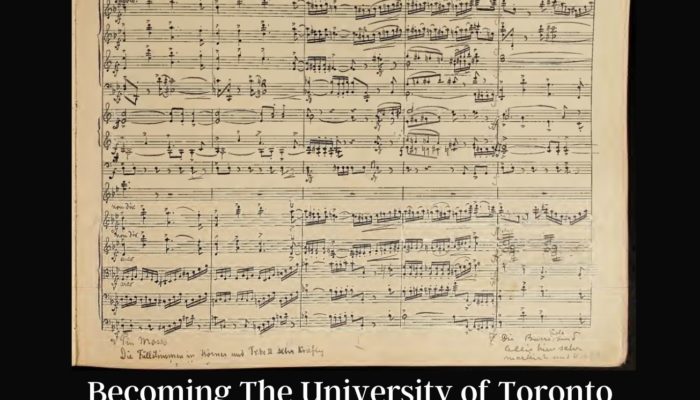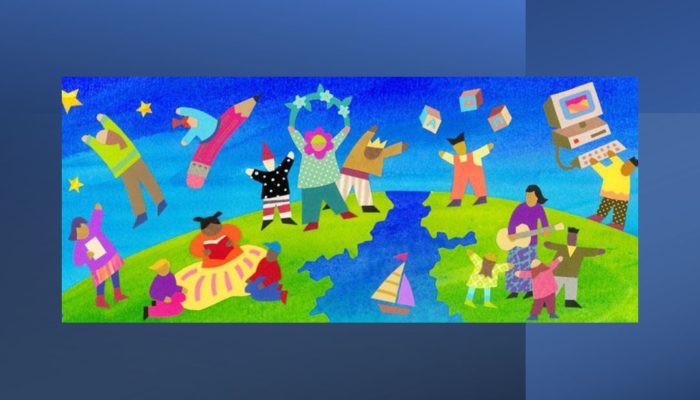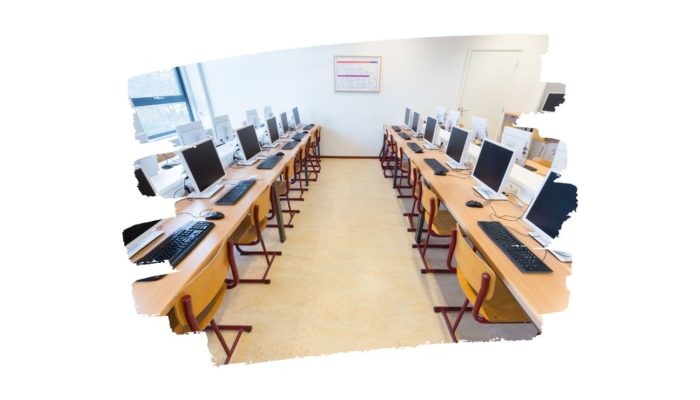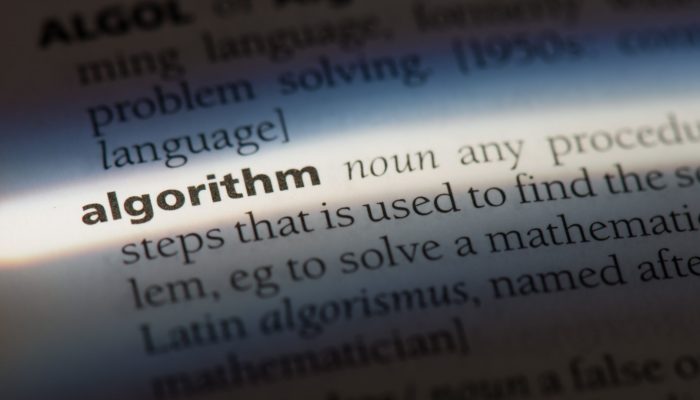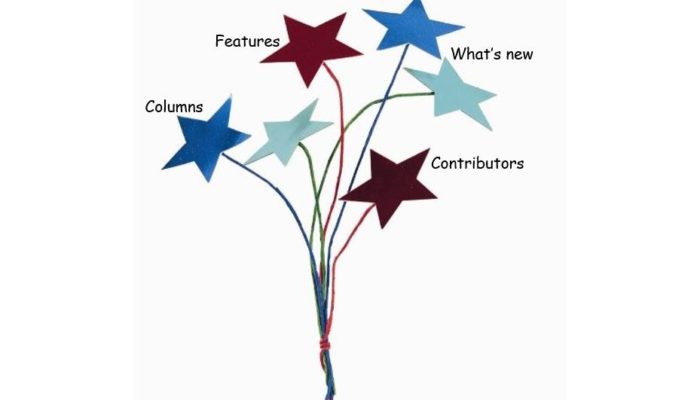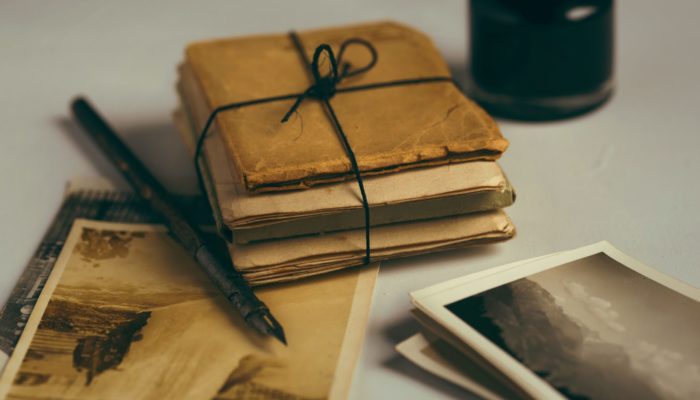On Anti-racism and Indigenous Resurgence
As many parents struggle with how to share an ongoing climate of racist violence with our children and how to change it so that they might live in a different world, I turn to 3 books for librarians to recommend that manage to carve out a landscape of joy for children while not shying away from the urgent need for education on QT/BIPOC issues for young children.
